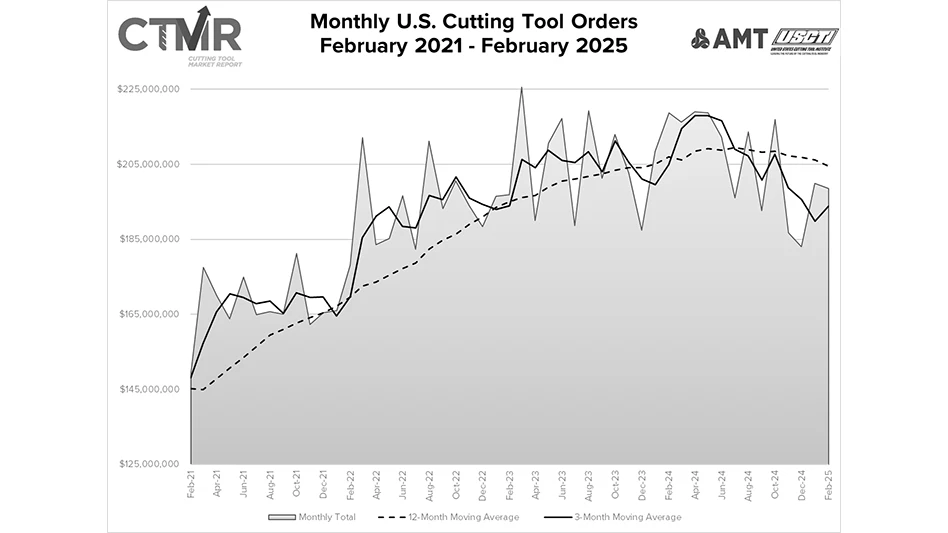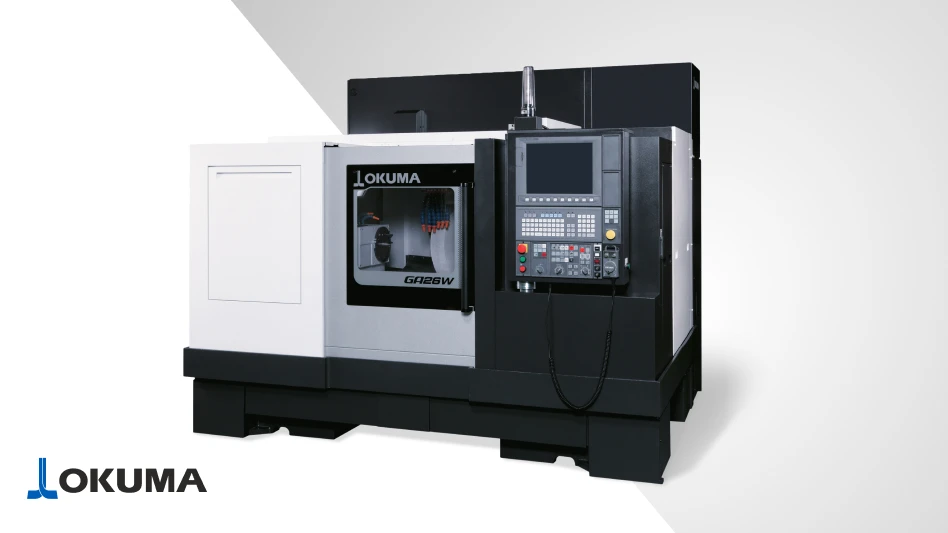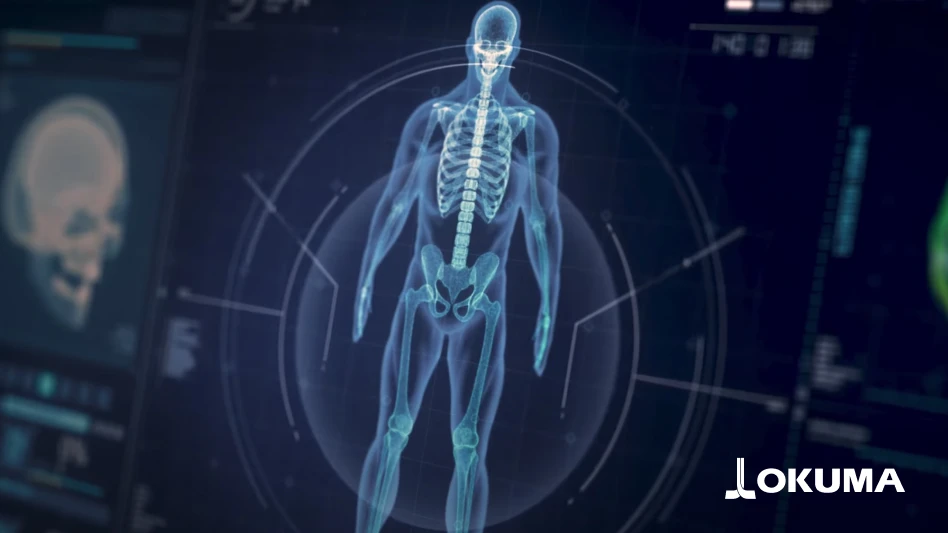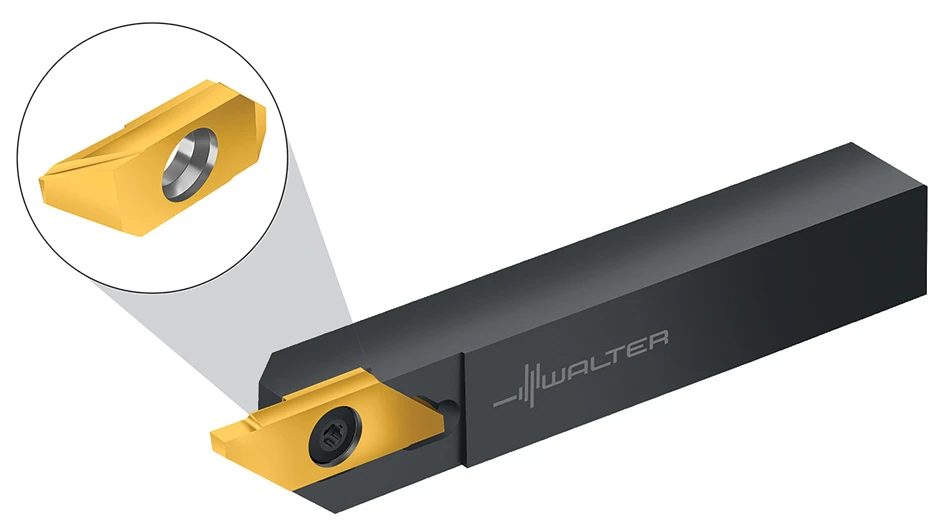
LMA Consulting Group Inc
Manufacturing and Supply Chain Expert Lisa Anderson, MBA, CSCP, CLTD, president of LMA Consulting Group Inc., predicts Manufacturing as a Service (MaaS) will emerge as a result of that manufacturing transformation that’s replacing the more traditional manufacturing model. LMA Consulting Group works with manufacturers and distributors on strategy and end-to-end supply chain transformation to maximize the customer experience and enable profitable, scalable, dramatic business growth.
“The customer experience has changed. The need for a faster, flexible and more customer-centric, personalized response has had reverberating effects on manufacturing. Long lead times, predictable demand, and traditional inventory management have made way to last-minute order changes, immediate delivery, evolving customer requirements, and easy returns. Manufacturers need to be more flexible, adaptable, and technologically savvy if they are going to survive. That means they need to embrace innovation and resiliency. In turn, the entire supply chain must be adaptable, flexible and respond to constant change,” Anderson comments.
Much like Software as a Service (SaaS) upended software delivery from machine-based purchase delivery to cloud-based licensing, Manufacturing as a Service (MaaS) emerges as a means to be part of product innovation, on-demand scalability and the integration of artificial intelligence and data analytics.
“Think of it like this, Company A is a pharma device company. Through research, they identify a need that will significantly impact patient monitoring and care. They have the idea but not the financial resources to scale. By identifying a MAAS partner, they can produce prototypes, make adjustments during testing and identify customization options for customers. Company A can now focus on product development, sales, and marketing, while the MaaS partner focuses on managing the supply chain, inventory, and transportation to scale and meet demand. Where this differs from traditional contract manufacturing is in leveraging the strength of the MaaS partner supply chain by integrating technology and data to drive customization. Manufacturing is evolving. MaaS has the opportunity to replace traditional manufacturing by emerging as an integrated (manufacturing and supply chain) solution for everything from start-up and new products to line extensions,” Anderson says.
Anderson recently released “Emerging Above & Beyond: 21 Insights for 2021 from Manufacturing, Supply Chain & Technology Executives,” a special report that provides critical elements in the roadmap for manufacturing and supply chain success. Manufacturing and distribution leaders and experts in technology, finance, sales and marketing, and human capital contributed insights into best practices for 2021.
“Manufacturing is evolving. The manufacturers that proactively embrace the transformation and look for ways to add value through customization will find significant opportunities for growth,” she concludes.
Latest from Today's Medical Developments
- Laser cold marking for plastic medical device manufacturing
- #58 - Manufacturing Matters - 2024 Metrology's Latest Advancements with Starrett
- Strategies to improve milling and turning for medical components
- Being proactive about your business despite uncertainty
- 10 challenges facing the manufacturing industry in 2025
- Optimizing production of high-precision components through collaboration
- An inside look at the defense maritime industrial base
- Why manufacturing, intralogistics companies need to embrace the cloud





